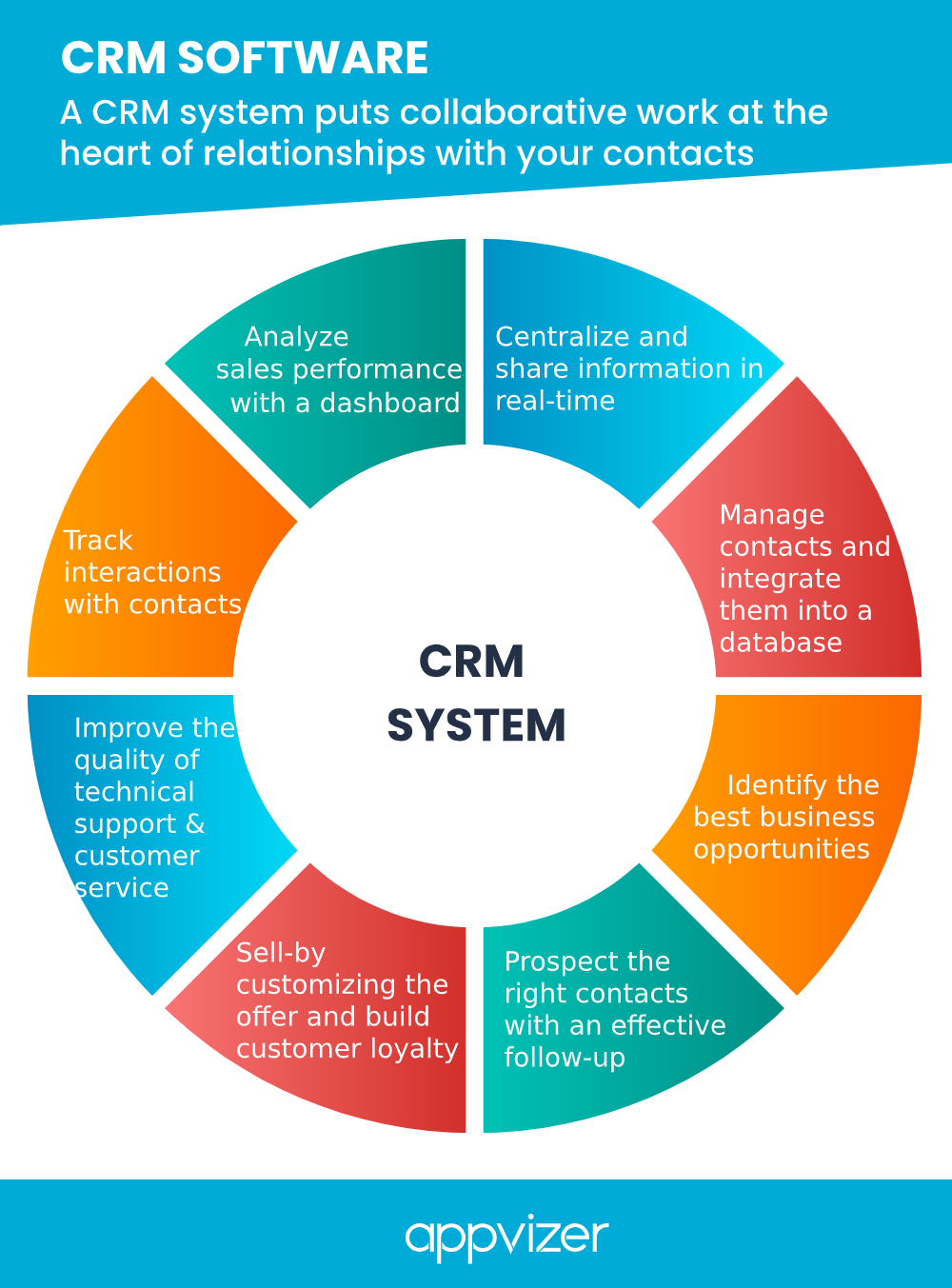crm system examples What does crm stand for? 7 reasons why you need crm software
CRM, or Customer Relationship Management, is an essential tool that helps businesses manage their interactions with customers and potential customers effectively. With ever-increasing competition in the market, having strong customer relationships has become crucial for success. In this post, we will explore what CRM stands for and discuss seven reasons why you need CRM software for your business.
What does CRM stand for?
CRM stands for Customer Relationship Management. It refers to a set of strategies, technologies, and practices that businesses use to manage and analyze customer interactions throughout the customer lifecycle. The primary goal of CRM is to improve customer satisfaction, increase customer retention, and ultimately drive business growth.
Why do you need CRM software?
CRM software offers a range of benefits that can significantly enhance your business operations and help you build and maintain strong customer relationships. Here are seven compelling reasons why you need CRM software:
1. Streamline your sales process
CRM software provides a centralized platform for managing your sales process. With CRM, you can track leads, manage contacts, and automate sales tasks. This streamlines your sales process and enables your sales team to focus on building relationships and closing deals.

2. Improve customer insights
CRM software enables you to gather and analyze valuable customer data, such as purchase history, preferences, and customer interactions. By gaining insights into your customers' behavior and preferences, you can tailor your marketing and sales strategies to meet their specific needs.

3. Enhance customer service
With CRM software, you can provide better customer service by accessing customer information quickly and efficiently. When a customer reaches out to your support team, the necessary data is readily available, enabling your support agents to provide personalized and effective solutions.

4. Increase customer retention
Building strong customer relationships is essential for customer retention. CRM software allows you to track customer interactions, identify their needs, and proactively engage with them. By delivering personalized experiences and providing timely support, you can significantly increase customer loyalty and retention.

5. Optimize marketing campaigns
CRM software empowers your marketing team to optimize their campaigns by targeting the right audience and personalizing marketing messages. By analyzing customer data, CRM software helps you identify your most valuable customers and create customized marketing campaigns that resonate with them.

6. Improve collaboration
CRM software facilitates effective collaboration within your organization. By providing a centralized platform for customer data and communication, it enables different teams, such as sales, marketing, and customer support, to work together seamlessly. This leads to better coordination, improved efficiency, and ultimately enhanced customer satisfaction.

7. Drive business growth
Using CRM software can be a game-changer for driving business growth. By helping you strengthen customer relationships, optimize sales processes, and enhance customer satisfaction, CRM software lays a solid foundation for business expansion. With improved customer retention and increased customer acquisition, your business can experience substantial growth and stay ahead of the competition.

In conclusion, CRM stands for Customer Relationship Management, and it is essential for businesses in today's competitive market. CRM software offers numerous benefits, including streamlined sales processes, improved customer insights, enhanced customer service, increased customer retention, optimized marketing campaigns, improved collaboration, and ultimately, driving business growth. Implementing CRM software can revolutionize the way you manage customer relationships and set your business on a path to success.